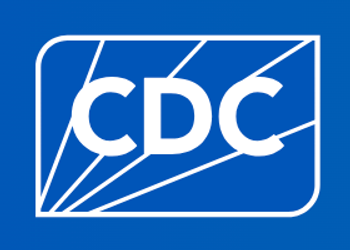
Important vaccine updates, including a second COVID-19 vaccine dose for adults 65 and older and immunocompromised individuals, a pneumococcal vaccine for adults aged 50 and older, and more.

Important vaccine updates, including a second COVID-19 vaccine dose for adults 65 and older and immunocompromised individuals, a pneumococcal vaccine for adults aged 50 and older, and more.

With the approval of newer products, clinicians have tools to prevent the respiratory virus in the most vulnerable population. Helen Chu, MD, MPH, offers some insights on their efficacy and the nuances of the delivery of the 2 immunizations.

The vaccine proved a cumulative efficacy of 62.9% against respiratory syncytial virus-related lower respiratory tract disease in older adults over three seasons.

Enanta Pharmaceuticals says its investigational therapy, EDP-323, was found to be safe and efficacious against the respiratory virus.

The CDC recommends vaccination for pregnant individuals and the administration of the RSV antibody nirsevimab to infants under eight months.
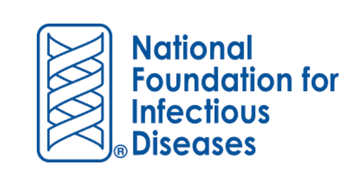
The findings are from a National Foundation for Infectious Diseases (NFID) survey showing many Americans are not thinking about flu, COVID-19, RSV, or pneumococcal disease, and many respondents do not plan to get vaccinated this fall.
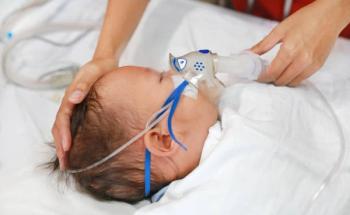
Over half of US infants are infected with respiratory syncytial virus (RSV) during infancy, with 2.8% requiring hospitalization.
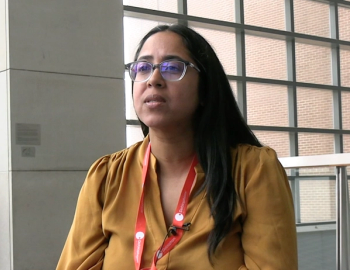
Ami Patel, PhD, provides insights on both technologies and how her research center, the Wistar Institute, is involved in DNA vaccine and monoclonal antibody research.

Syra Madad, DHSC, MSc, MCP, CHEP, outlines early surveillance systems and diagnostic innovations for enhancing pandemic management and response.
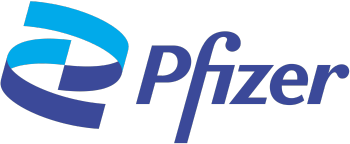
Pfizer's Phase 3 MONeT trial shows that Abrysvo is safe and effective in producing strong immune responses against RSV in immunocompromised adults.

In this week’s edition of MMWR, the Centers for Disease Control and Prevention reported on the vaccines’ safety profile for each of the FDA approved immunizations and rationale for the recommended age groups.

Results demonstrate high safety and reduced need for oxygen supplementation in patients with COVID-19 viral pneumonia.
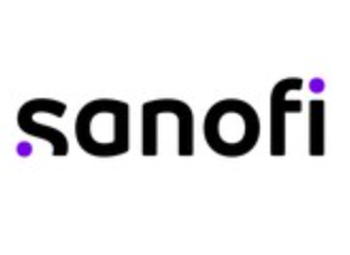
Providing nirsevimab (Beyfortus) to all newborns and high-risk infants during the 2024-2025 RSV season represents an advancement in protecting infant health.
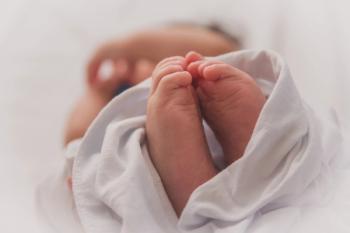
Merck’s antibody, clesrovimab (MK-1654), is designed to protect infants against medically attended lower respiratory infections (MALRI) caused by RSV.
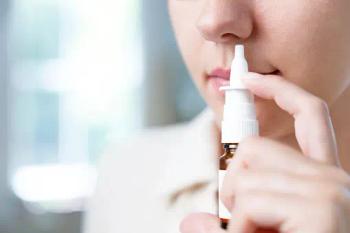
Participants using nasal sprays experienced significantly shorter illness durations and reduced antibiotic usage compared to those receiving usual care.

A clinical stage company, NanoViricides, is moving forward with their investigational drug, NV-387, into phase 2 clinical trials to examine treatment for RSV, influenza, COVID-19.

Matthew M Davis, MD, MAPP elaborates on how higher COVID-19 vaccination rates may curb the virus, alleviate childhood asthma symptoms, and protect against other common colds.
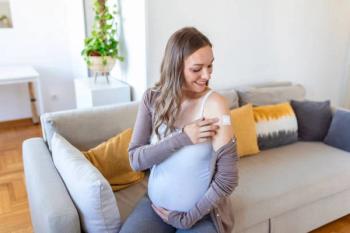
Despite initial concerns about vaccine safety, the study of nearly 3000 patients found no elevated risk of preterm birth associated with prenatal vaccination.

The federal agency says everyone 75 years of age and older should receive the RSV vaccine.
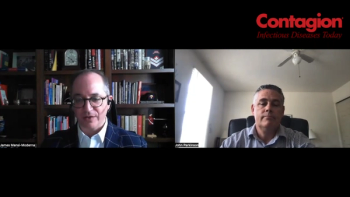
With the recent phase 3 data results of the Moderna COVID-19-influenza combination vaccine, the company is working towards regulatory approval and opens the door to possible protection against multiple viruses with less immunizations.

Study reveals an increase in hospital admissions and the need for advanced respiratory support, particularly among older, healthier children.

A study points to inpatients who were 50 years and older with the respiratory illness suffering from heart-related complications with the largest number of them having acute heart failure.
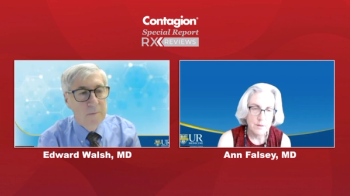
In the fourth and final episode, the clinicians speak of the need for greater uptake of the RSV vaccines, overcoming an "RSV identity crisis," and the potential ancillary benefit of reducing bacterial infections.

Our experts discuss the potential subgroups who might benefit from the vaccines and their safety profiles.

In part 2 of a 4-part series, clinicians discuss the efficacy, and the mechanism of action of the approved RSV vaccines, including the newly approved Moderna vaccine, mRNA 1345 (mRESVIA).

This is the first in a series of discussions between medical peers around RSV vaccines and specifically the newly approved Moderna RSV vaccine for seniors.

The federal agency’s decision expands the vaccine’s eligibility to people 50 years of age and older, making it the first one for this age group.
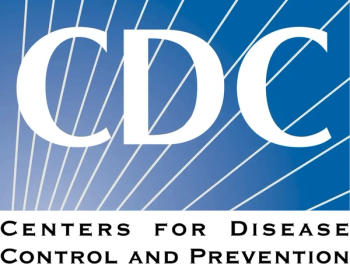
Ongoing surveillance from the CDC and FDA will continue to evaluate the risk of Guillan-Barré syndrome to guide further ACIP recommendations.

The company’s mRNA 1345 vaccine was given the nod by the federal agency and is indicated for seniors for the prevention of RSV-associated lower respiratory tract disease (RSV-LRTD).
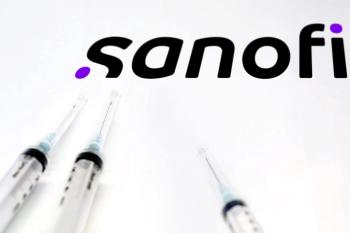
The program allows participants to reserve doses and be eligible for priority shipping, among other benefits.